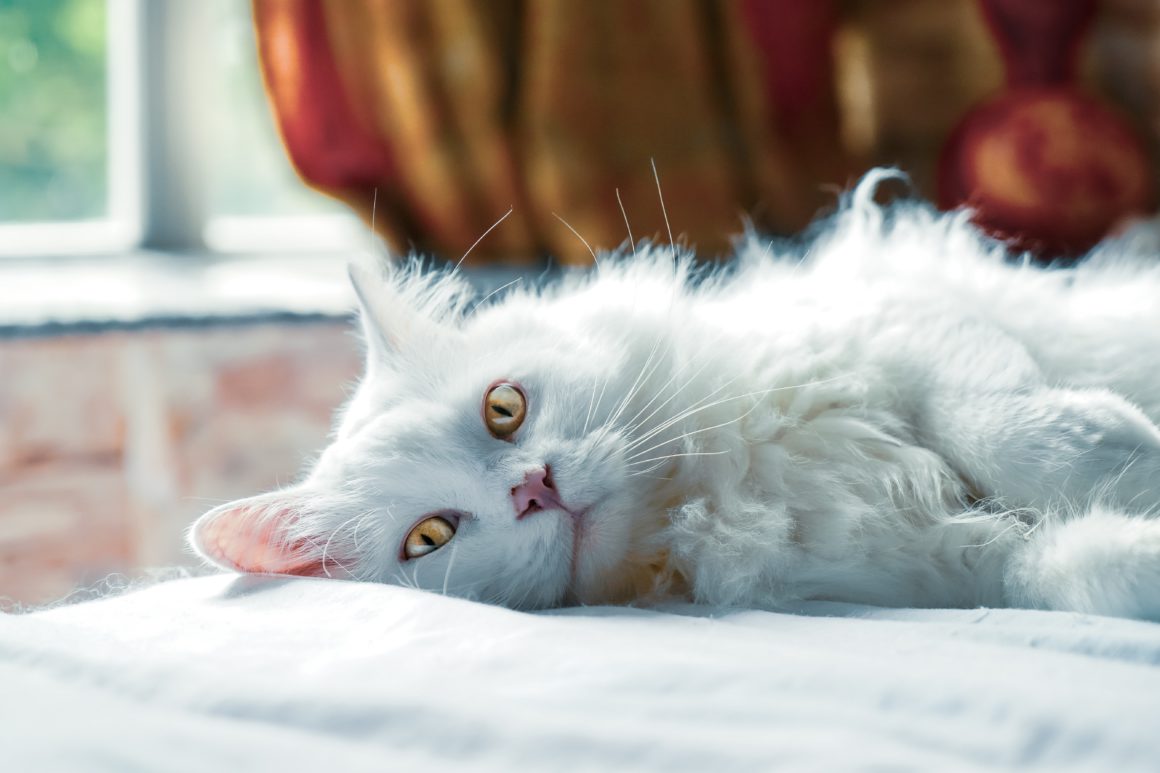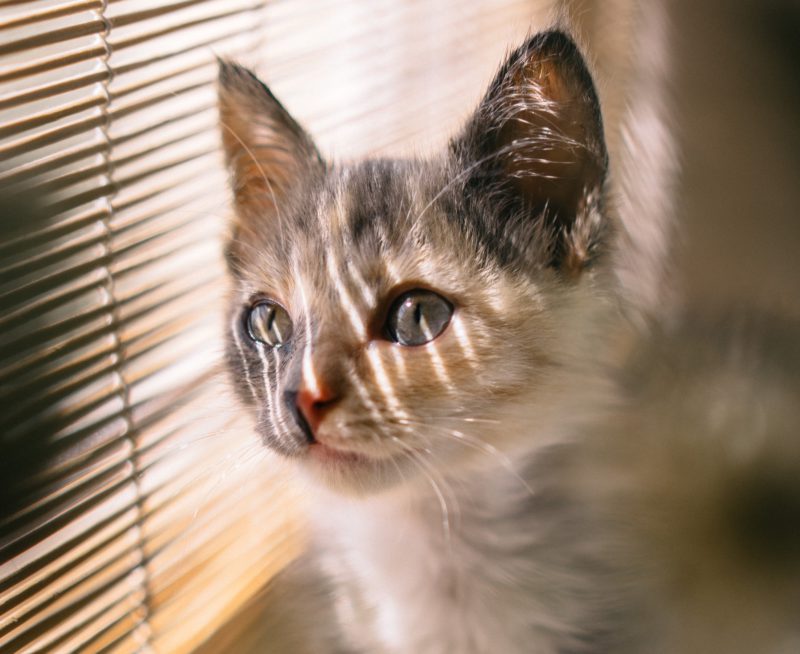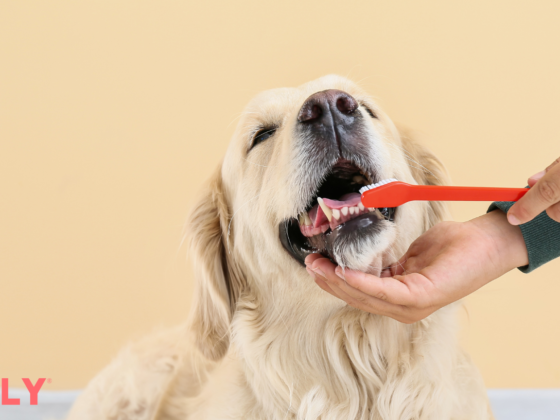As a cat owner, you want to do everything to make sure that your pet feels safe and loved all the time.
However, sometimes things happen that can cause your cat a lot of stress. Here are 7 proactive ways to instantly relieve stress in your cat.
Regardless of how long you’ve been a cat parent, there are certain behaviors you’re used to by now.
Stressed cats have a range of physical and behavioral symptoms that you need to watch out for, such as:
- Vomiting and diarrhea.
- A runny nose and eyes.
- Sudden aggressive behavior.
- Spraying urine on the floor and over furniture and no longer using their litter area.
- Loss of appetite or eating way too much. Sometimes your cat may even develop Pica, which is eating non-food items such as plastic.
- Wanting to play with you or be held all the time. Alternatively, your cat may also refuse to engage in any form of interaction with you.
- Excessive and loud meowing, accompanied by hyper-vigilance of their surroundings.
- Frequent twitching, shaking, and hiding.
- Over-grooming.
7 Ways to Relieve Stress In Your Cat
Cats get stressed about lots of things. While it may be hard sometimes to figure out what is stressing your cat, seeing the signs can help you know that something is wrong.
Here are some proactive steps that you can take to make your cat feel better:
1. Make sure your cat is comfortable
Cats can be pretty independent pets, but they still need a few essential things to keep them happy and stress-free. These include a clean sleeping area, a litter box, a scratching post, and the right kind of food and water.
Not having these things or having the wrong kind will stress out your cat. You also need to factor in whether your cat is sharing these resources with other pets so that you can get enough for all of them.
2. Try not to disrupt your cat’s routine
Cats tend to follow the same routine daily, and disruption can cause a lot of stress. Try to make sure that you stick to your cat’s routine as much as possible daily.
If there’s a significant change about to occur, such as moving house or getting a new member of the family, you can prepare your cat by keeping their immediate surroundings intact.
You can also place objects with familiar scents around your home to make the cat feel safe.

3. Let your cat enjoy some alone time
Sometimes your cat can get stressed from being around too many people. Instead of always wanting to cuddle and play with your cat all the time, let the cat decide when this will happen and leave them alone.
4. See a Vet
It is important to take your cat to a vet once you start seeing physical signs of stress.
The doctor can examine them to identify the root cause for a better treatment regimen.
5. Protect your cat from possible intruders
Cats can be very territorial of their space and rarely share well with others. So if another cat or pet is also part of your household, this could be very stressful. You can try feeding them separately until they get used to one another.
If it’s a stray cat that comes to steal your cat’s food, you can ensure that you cover all areas where they can get inside your house.
Alternatively, you can have a cat flap that is only activated by a microchip in your cat’s neck.
6. Take your cat away from any sudden or loud noises
Cats are susceptible to noise and need a space to hide in when it gets too much. It could be a quiet room, a high shelf, or even your garden.
7. Seek the help of a behavior specialist
Cat behavior specialists are trained to know all the stress triggers and give you specific guidance and help with your cat.
Being a cat owner means that you always have to make sure that your pet is okay. If there’s anything wrong, these 7 proactive ways to instantly relieve stress in your cat will help.
Enjoy Reading More on Cat Wellness:
How to Stop a Cat from Scratching Furniture













